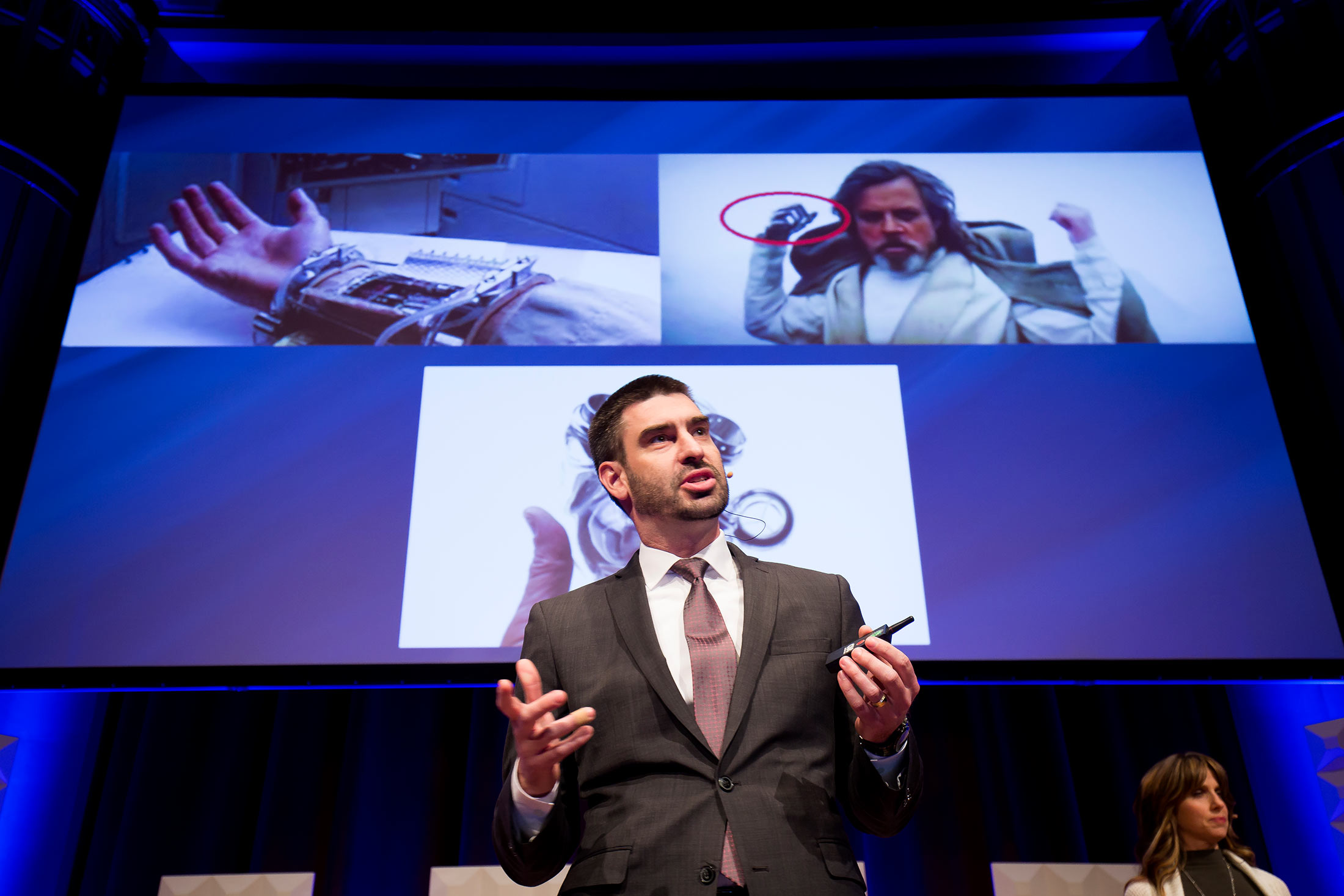
News & Events
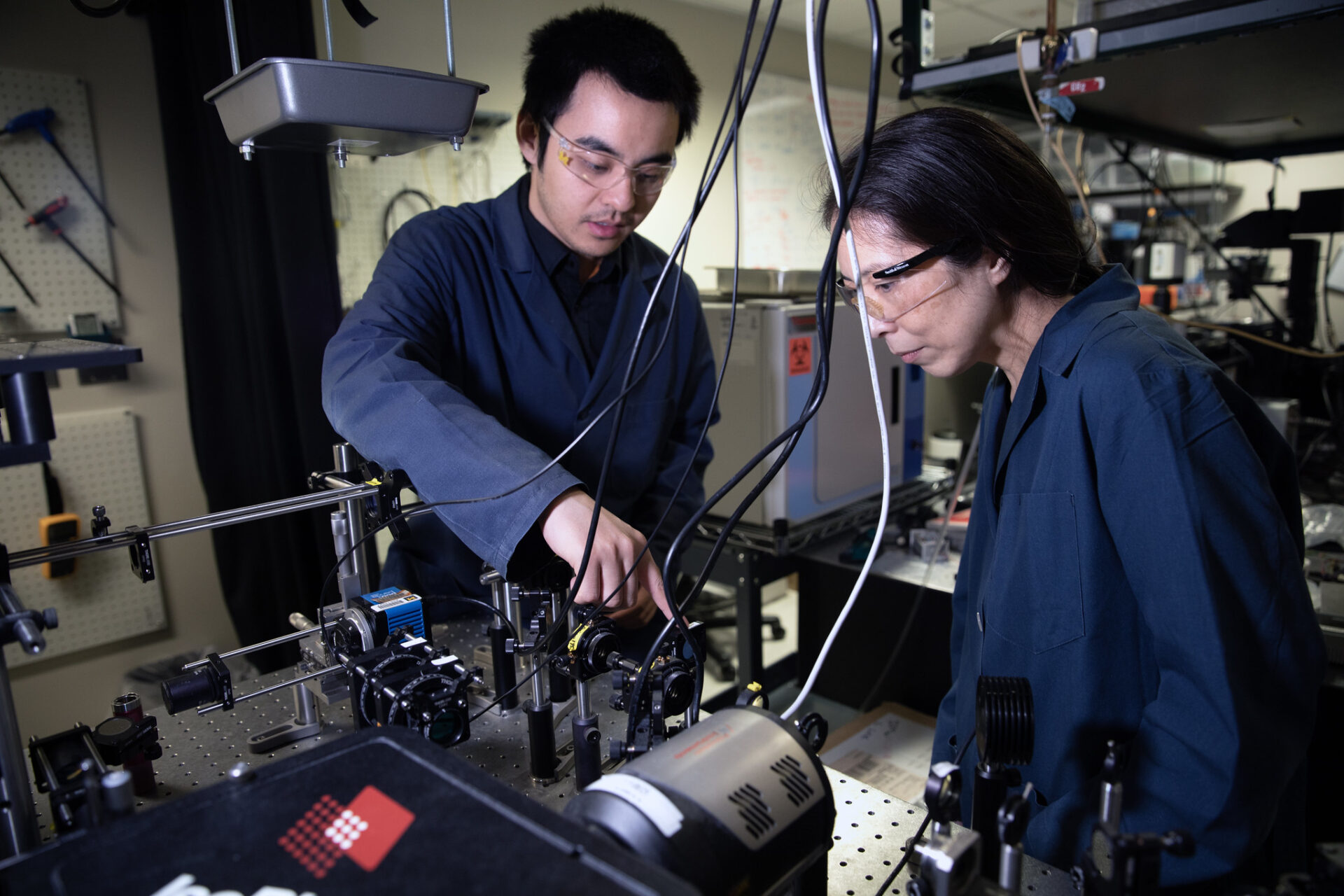
Phase intensity nanoscope (PINE) opens long-time investigation windows of living matter, new article authored by Dr. Somin Lee published by Nature Communications Nature
July 20, 2023“Our genetic code doesn’t actually include enough information to encode every detail of the organization process. We want to explore the mechanisms of collective behaviors without central coordination that are like birds flying in formation—in which the system is driven by interactions between individual parts,” Somin Eunice Lee Ph.D.
Read Article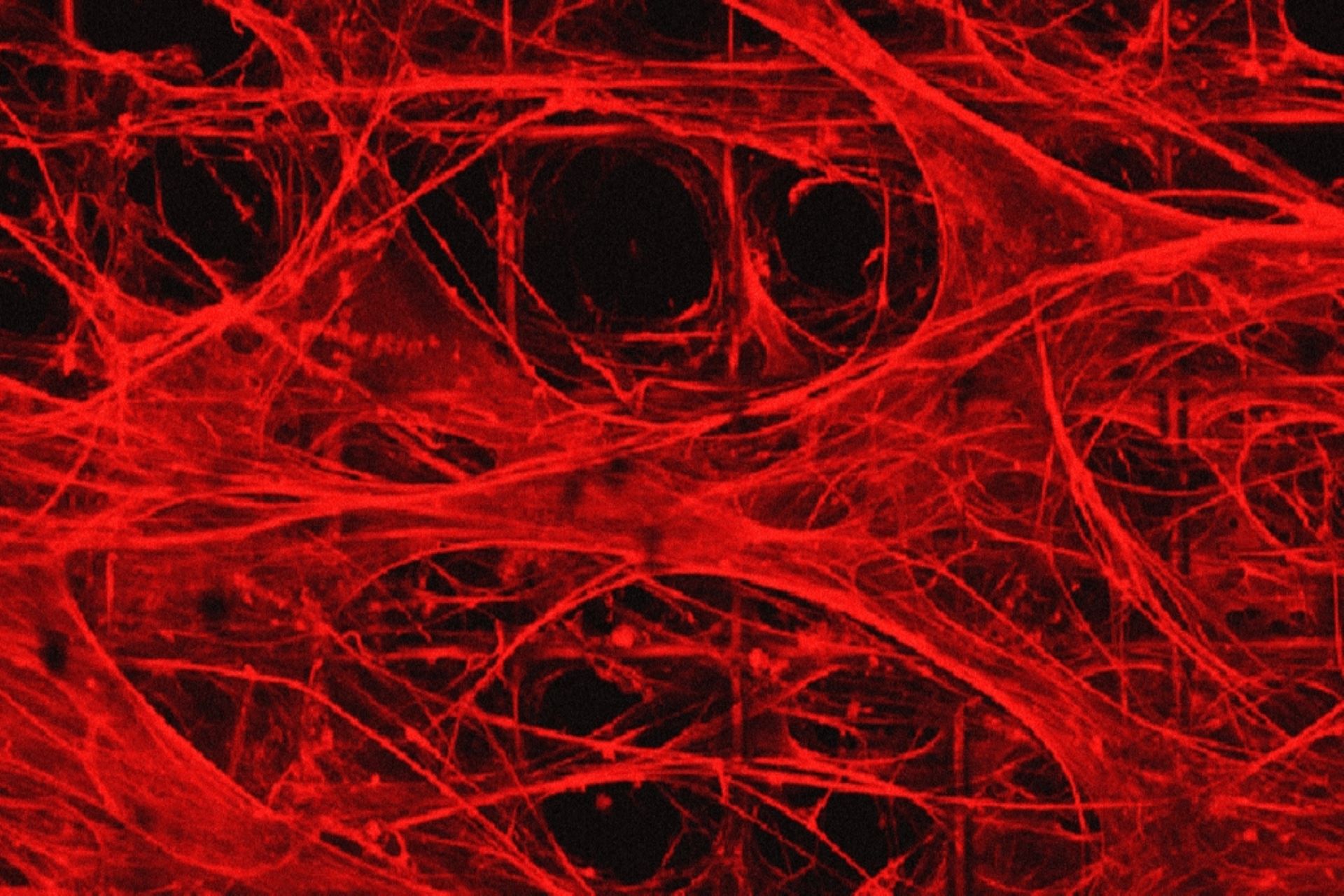
Artificially grown ‘mini-brains’ without animal components bring opportunities for neuroscience
July 13, 2023Researchers at University of Michigan developed a method to produce artificially grown miniature brains — called human brain organoids — free of animal cells that could greatly improve the way neurodegenerative conditions are studied and, eventually, treated.
Read Story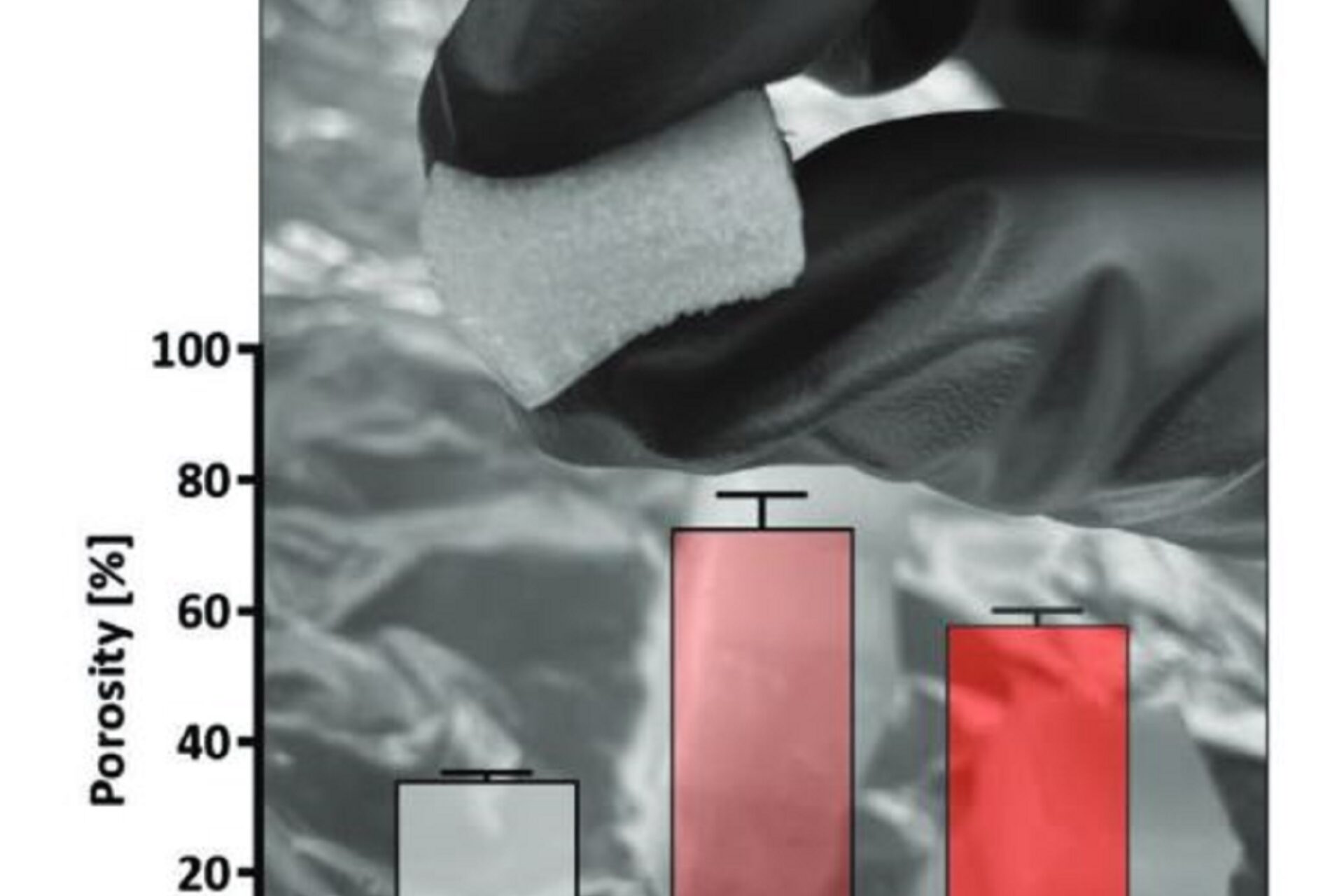
Article authored by former Innovation Fellow Yoon-Tae Kang
February 8, 2023Yoon-Tae Kang, former Innovation Fellow and member of Sunitha Nagrath’s lab, authored article published in Advanced Materials Technologies.
Read Story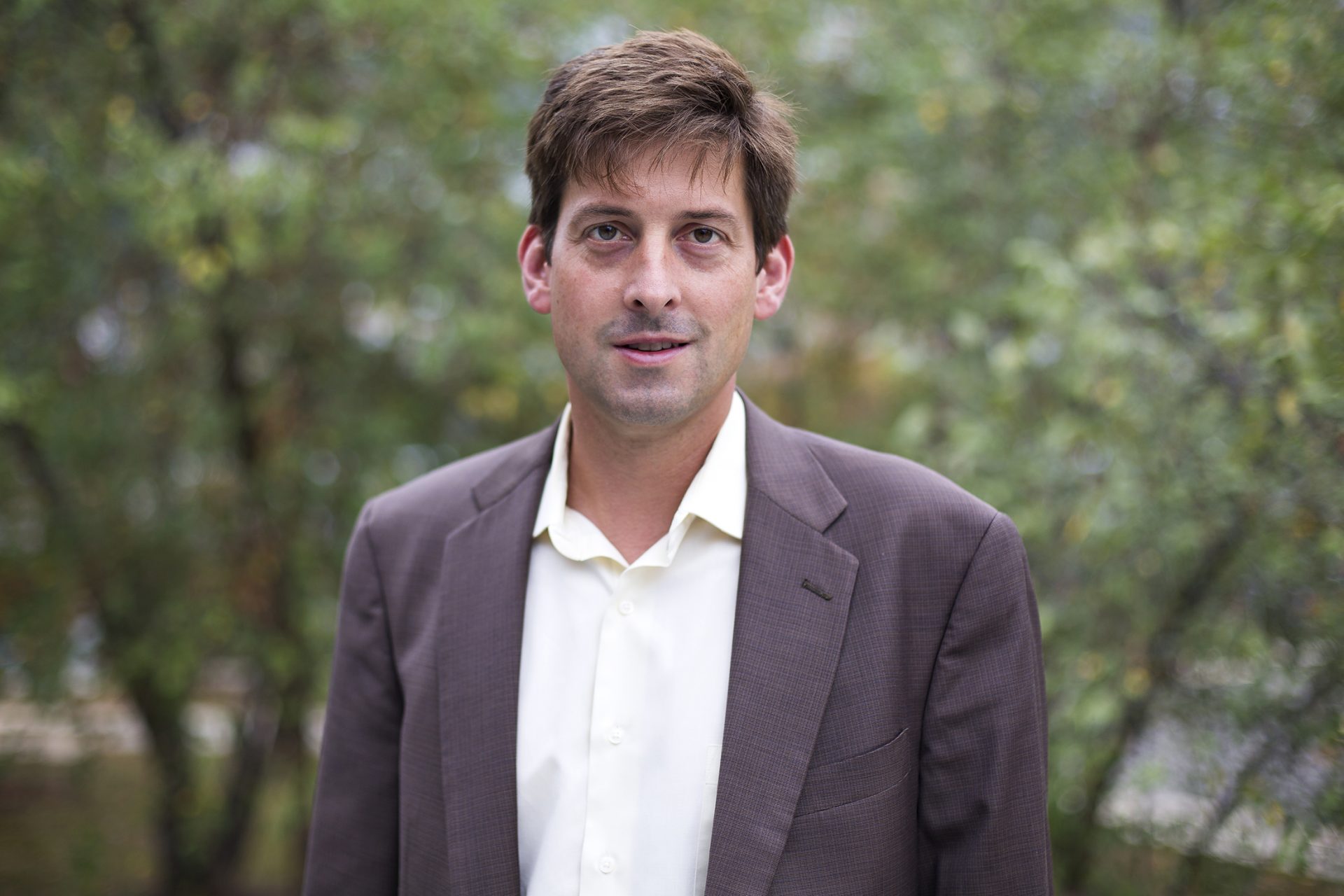
Joerg Lahann honored as AAAS Fellow
January 31, 2023Wolfgang Pauli Collegiate Professor of Chemical Engineering, Joerg Lahann, has been honored as an American Association for the Advancement of Science (AAAS) fellow. The AAAS fellowship is one of the most distinct honors in the scientific community.
Read Story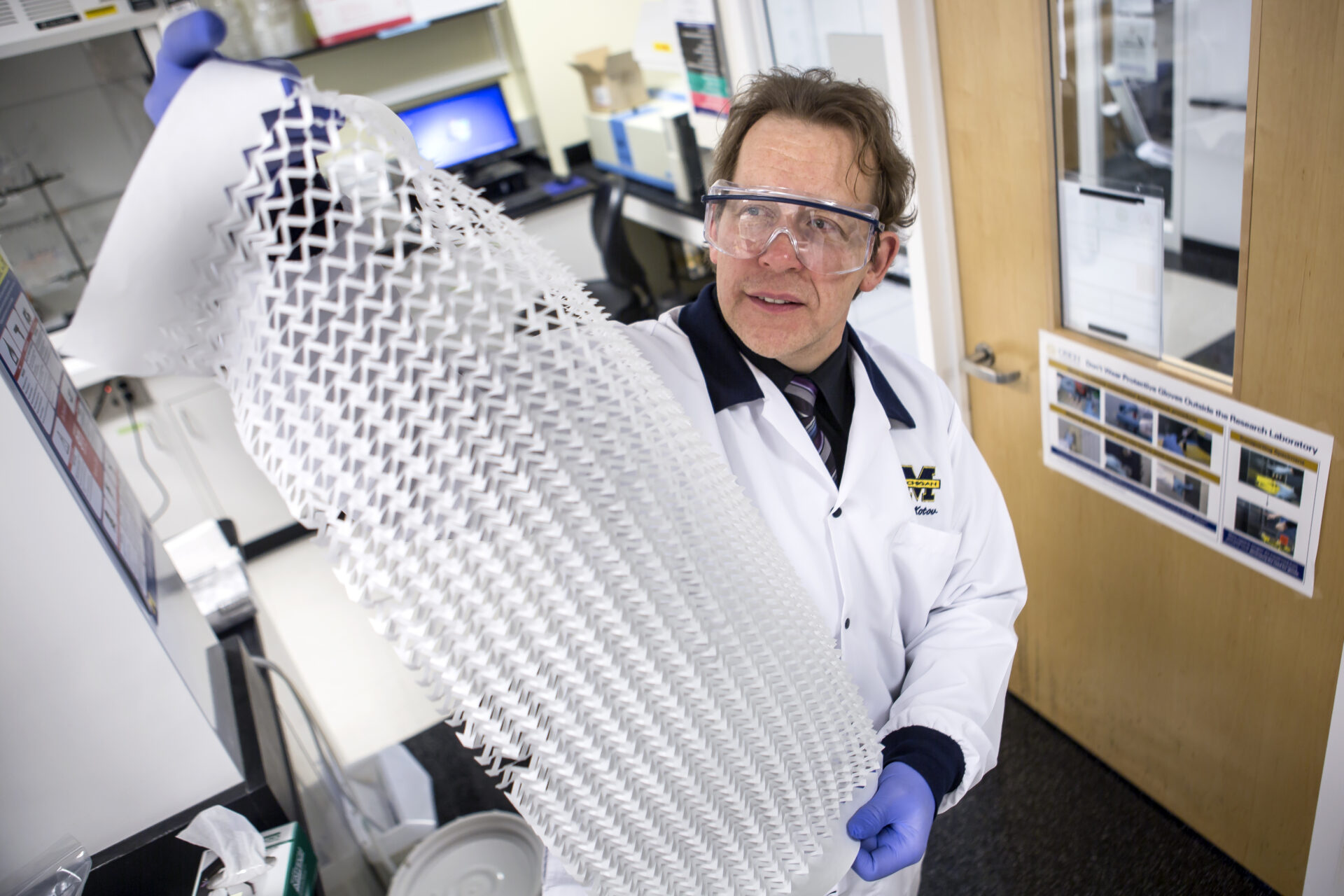
‘Transformer’ pinwheels offer twist on nano-engineered materials
November 30, 2022A newly discovered pinwheel structure — self-assembled from pyramid-shaped nanoparticles — may enable unique material properties that could be useful in areas like machine vision, armor, chemical and biological sensing, and more.
Read Story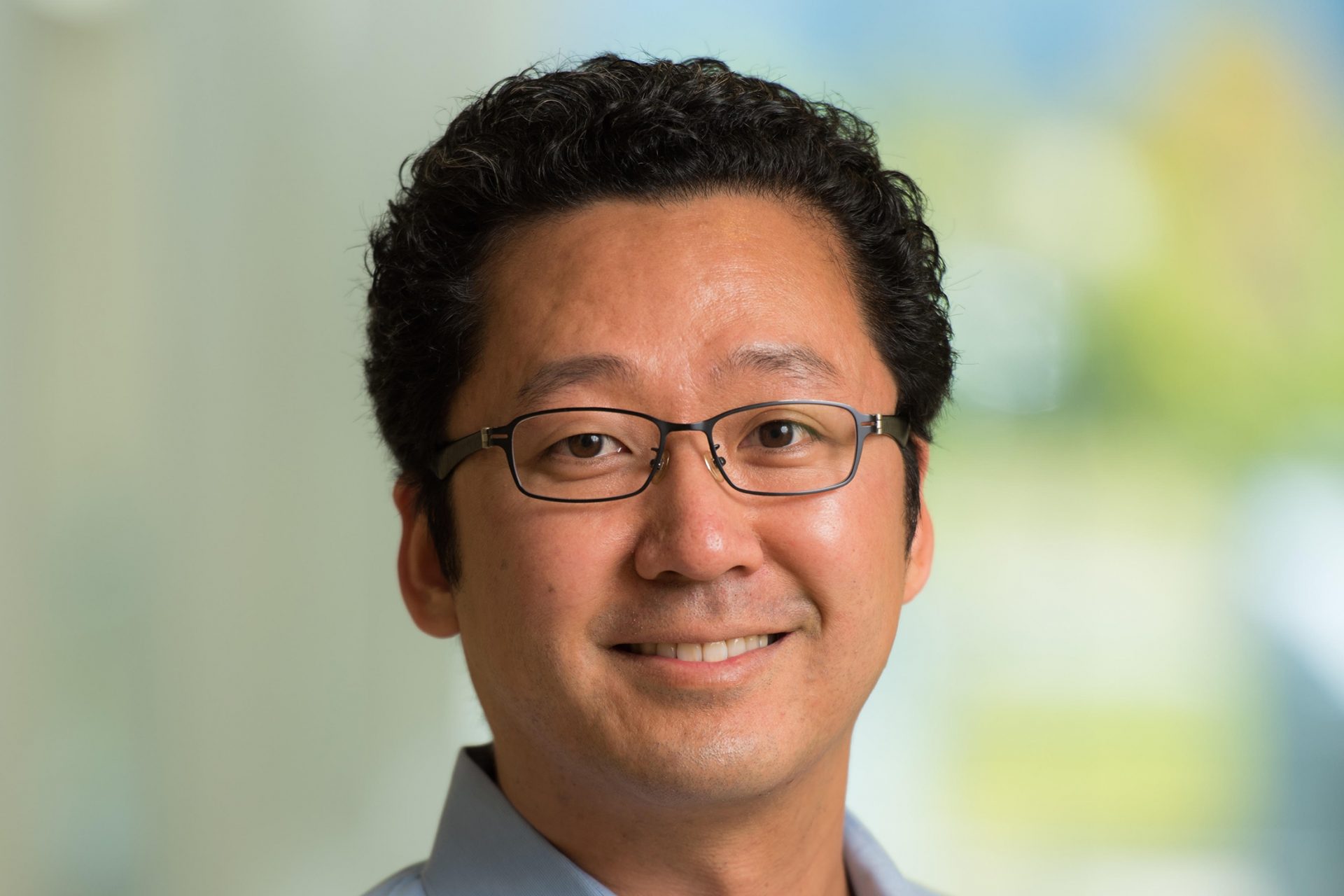
Moon receives Biosciences Initiative award
November 18, 2022Congratulations to James Moon on being named a 2022 winner of the MBioFAR Award, which recognizes exceptional mid-career faculty in the biosciences.
Read Story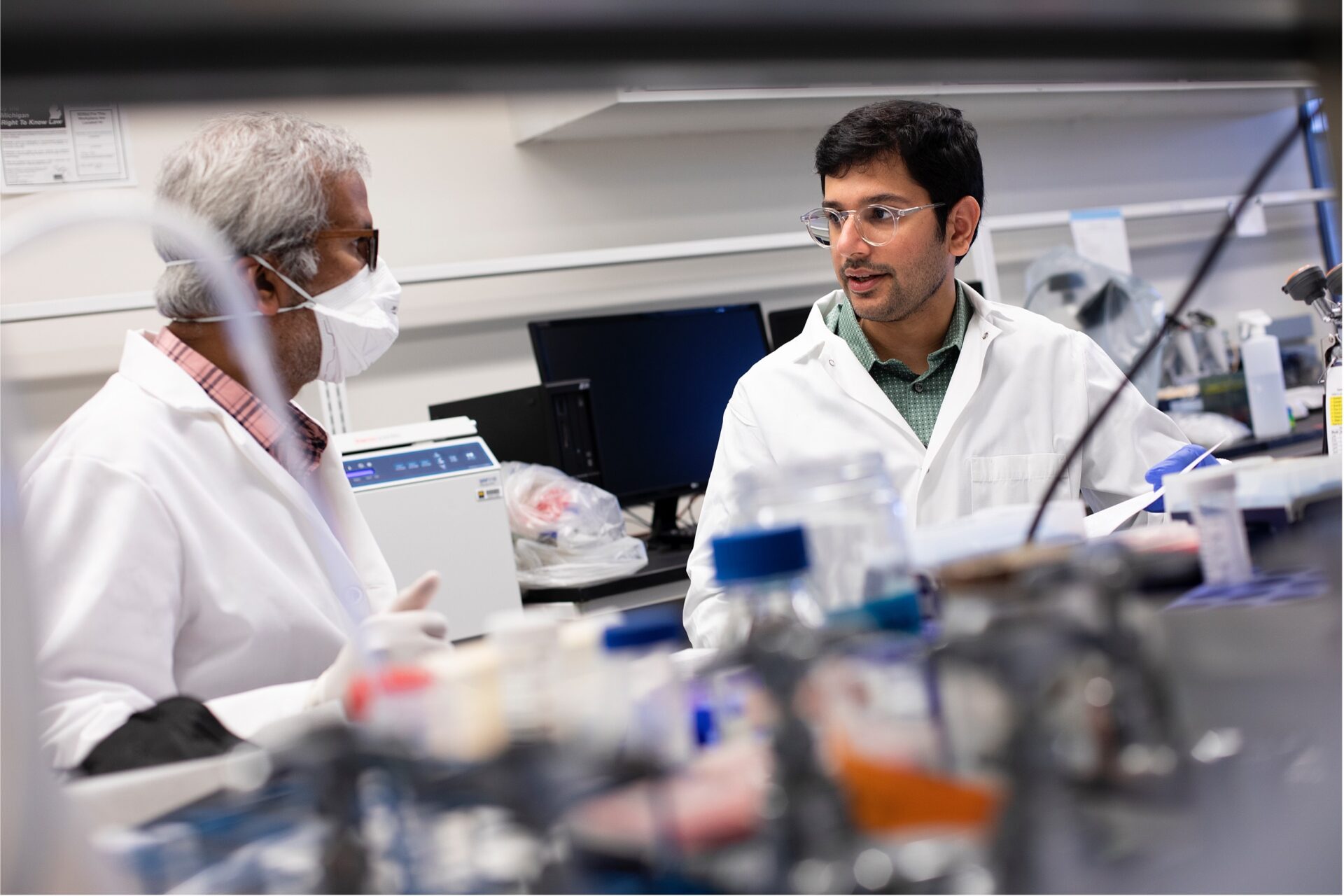
Shutting down backup genes leads to cancer remission in mice
October 7, 2022Cancer cells delete DNA when they go to the dark side, so a team of doctors and engineers – led by Deepak Nagrath – targeted the ‘backup plans’ running critical cell functions
Read Story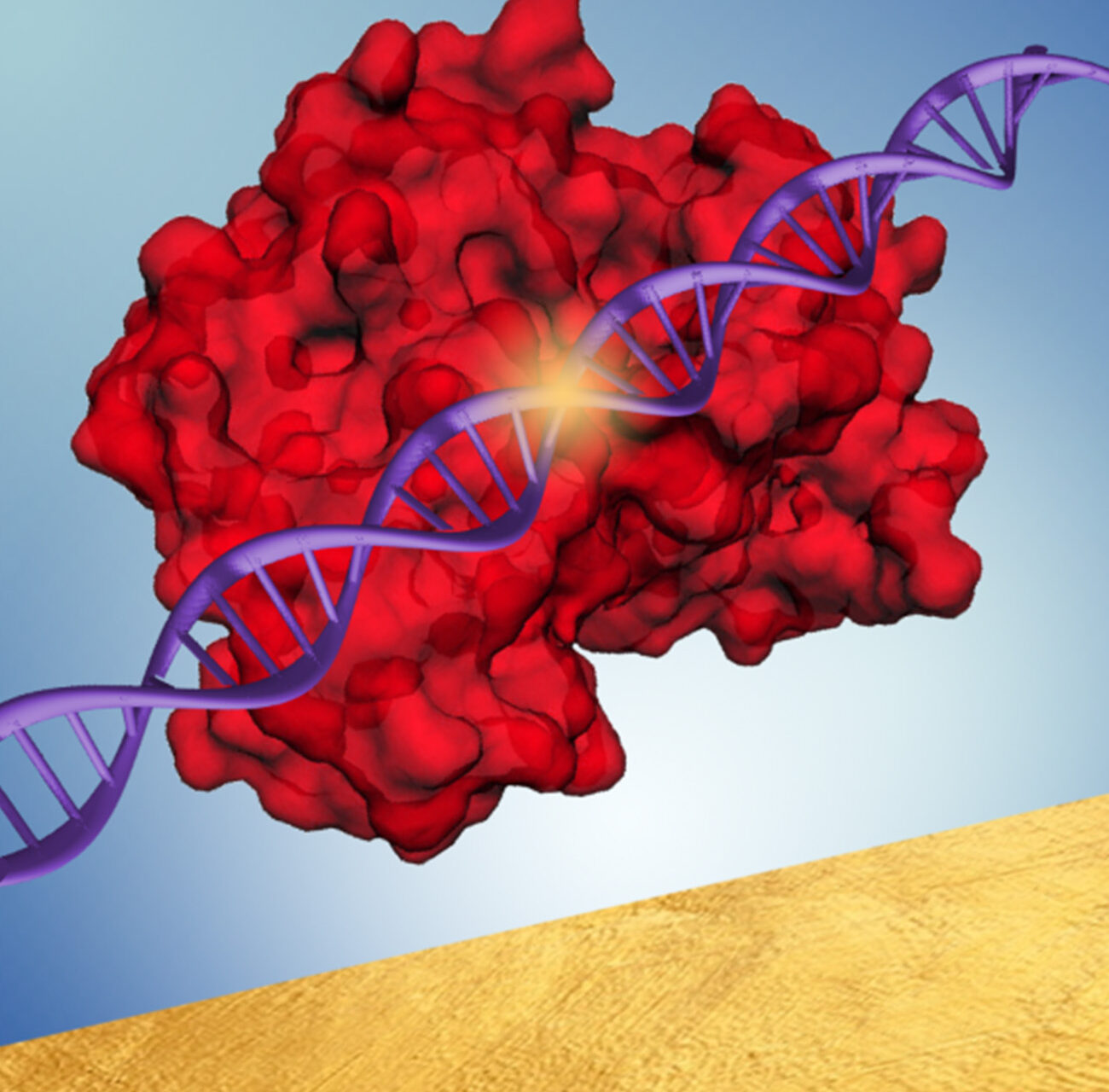
A view into what’s really happening during gene editing for Precision CRISPR
September 22, 2022Somin Lee and her research group developed a way to reduce trial and error in gene editing by getting a look at the process in real time.
Read Story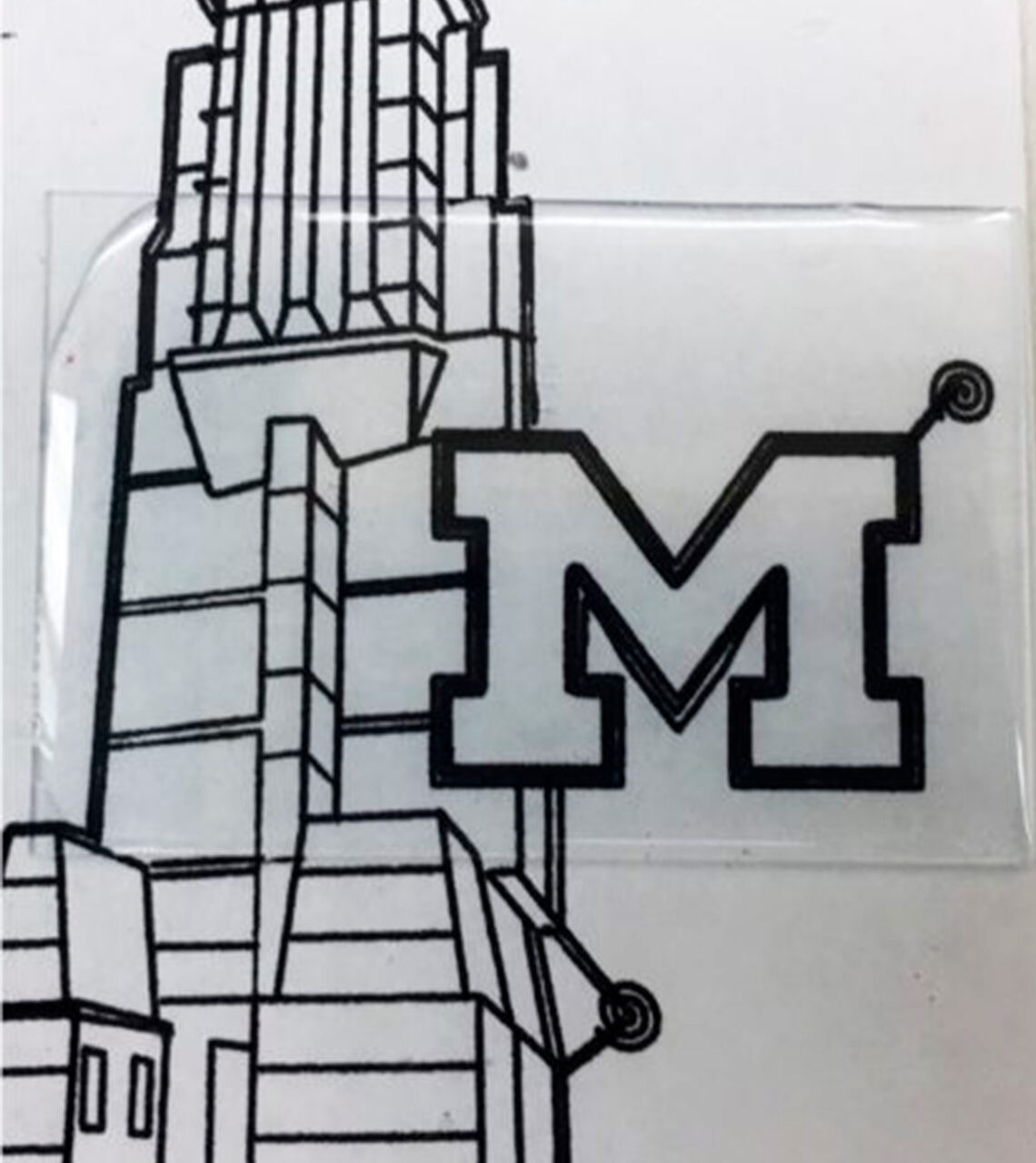
Durable coating kills the COVID virus and other germs in minutes
August 30, 2022Polyurethane locks in the antimicrobial power of tea tree and cinnamon oils. The new technology from the Tuteja lab could start making public spaces safer within a year.
Read Story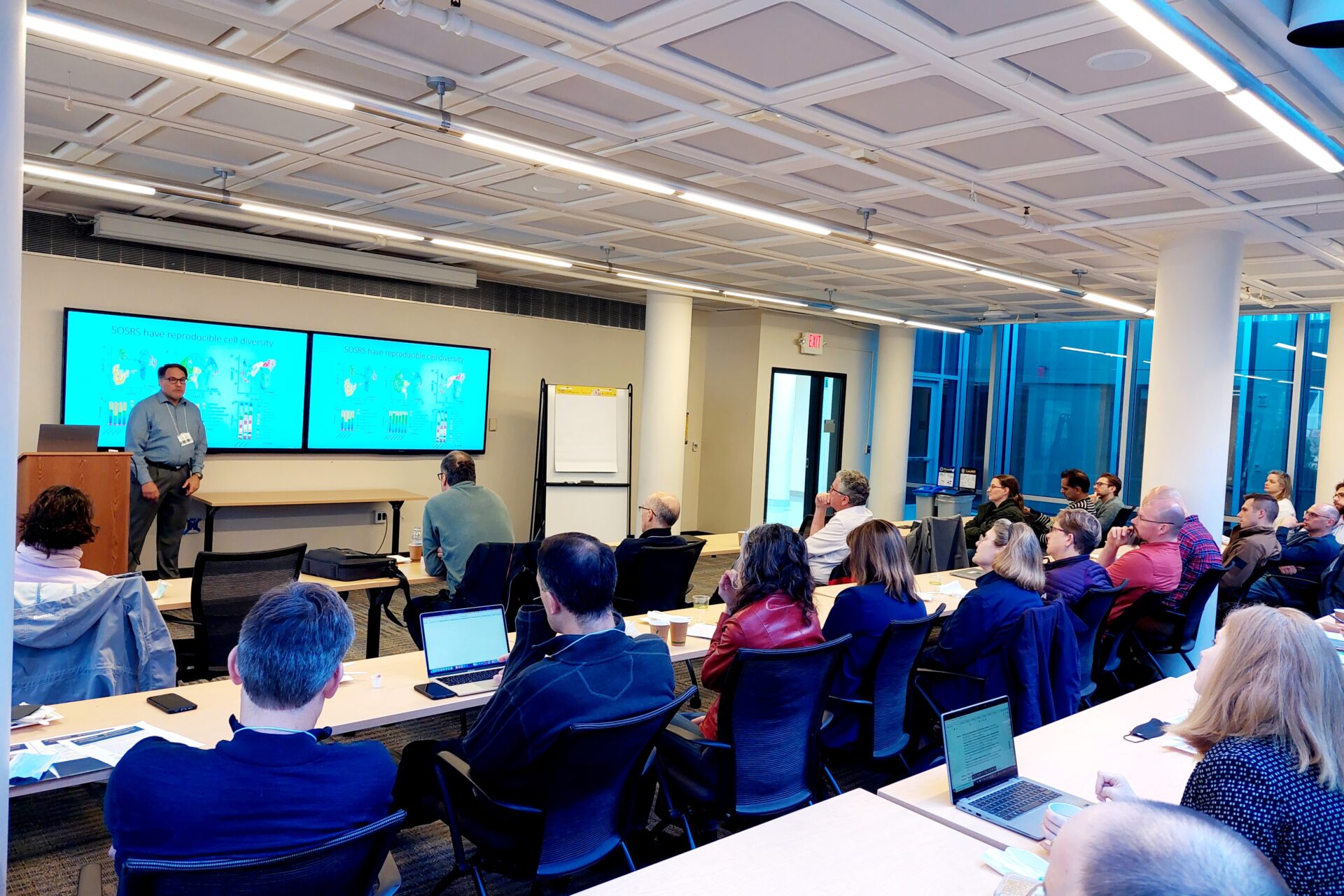
Neuroregeneration and Cognition Challenge Seed Fund Awards
August 12, 2022We are pleased to announce the funding selections for the MNI-BI 2022 Neuroregeneration and Cognition Challenge seed fund competition.
Read Story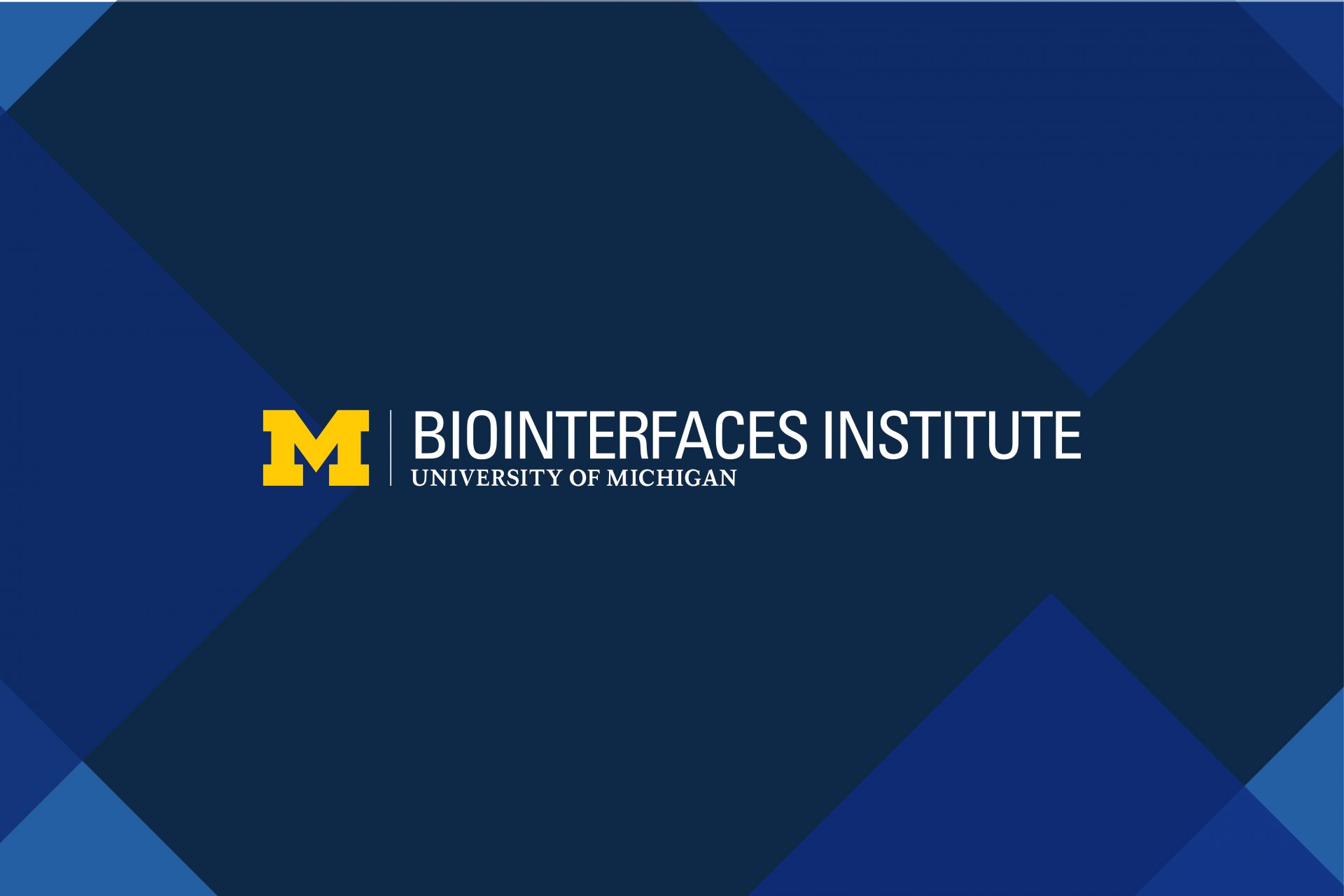
2022 BI Innovator Awards
August 4, 2022Congratulations to the 2022 BI Innovator Award Recipients. BI Innovator awards recognize members of the BI research community who are active participants in the research, innovation and translational ecosystem at BI and making a difference in our community.
Read Story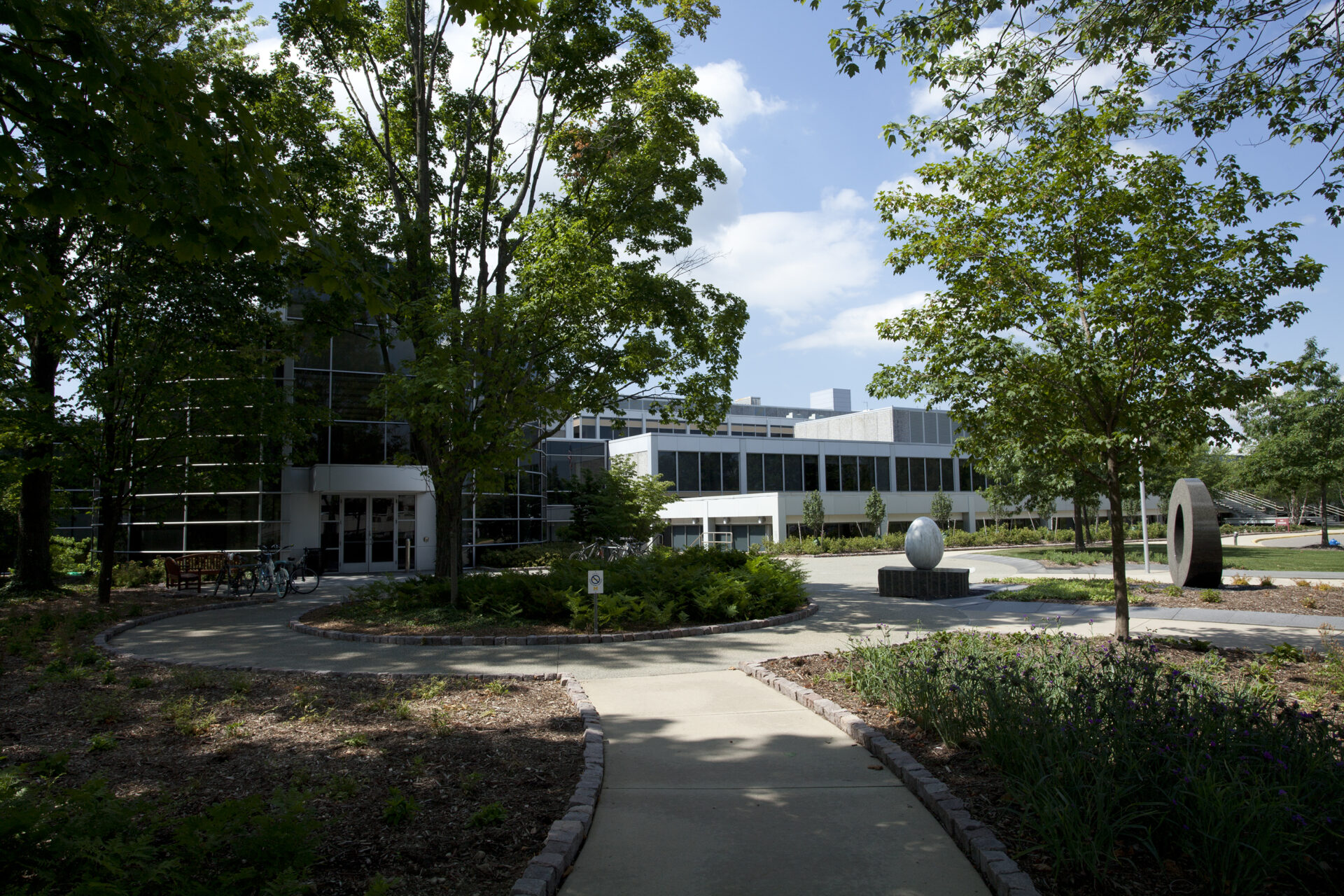
New members join BI’s External Advisory Board
August 1, 2022BI welcomes Carl Gordon and Natasha Shervani of OrbiMed as new members of its External Advisory Board.
Read Story
Glotzer receives Vannevar Bush Faculty Fellowship
July 25, 2022Sharon Glotzer has received the Vannevar Bush Faculty Fellowship from the U.S. Department of Defense, becoming one of nine distinguished faculty scientists and engineers to receive the award this year.
Read Story
Lola Eniola-Adefeso and international team receive $7.5M for cardiovascular disease research
July 15, 2022Lola Eniola-Adefeso is part of an international research team that recently received $7.5 million from the Leducq Foundation for their AntheroGEN project.
Read Story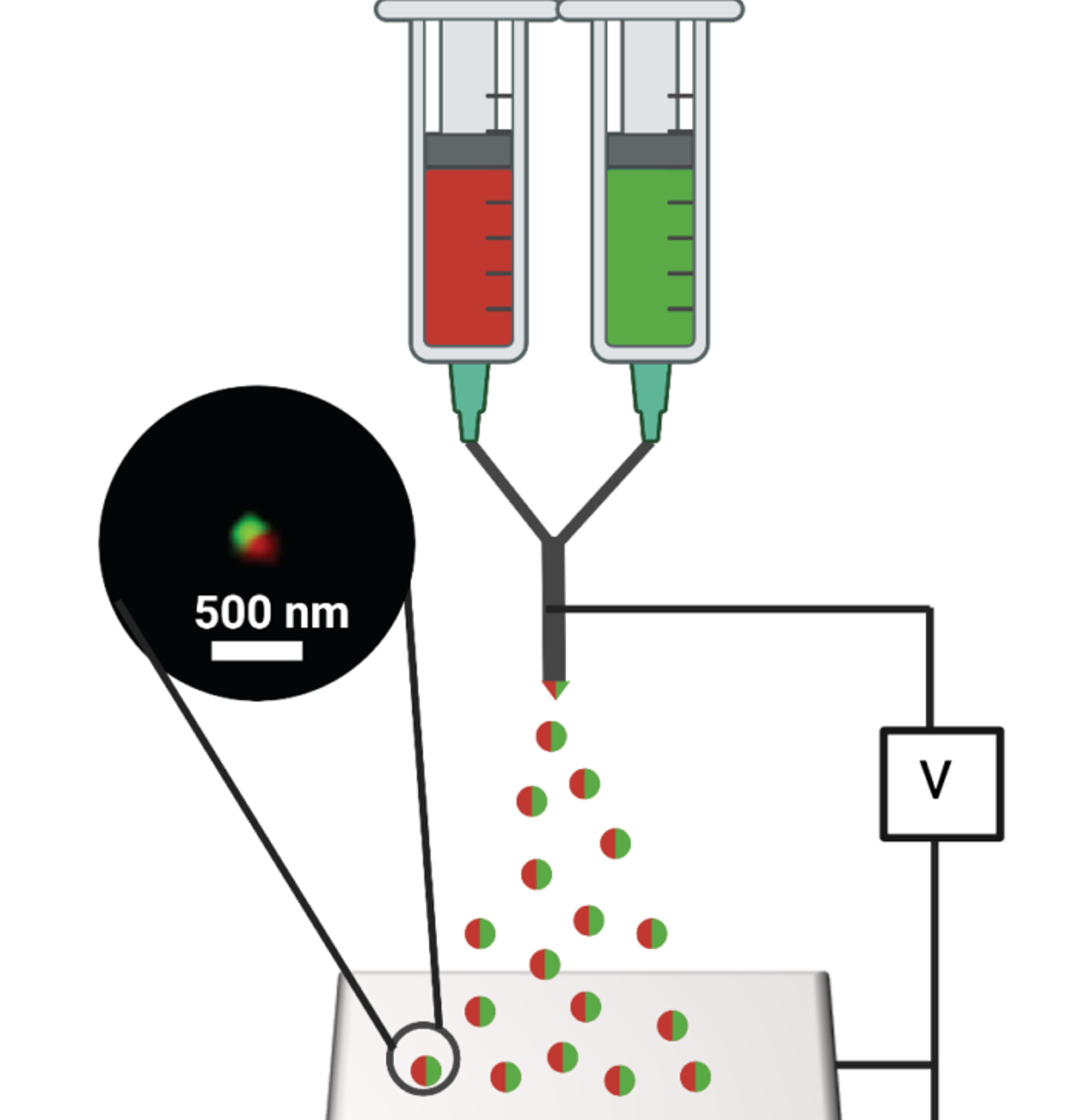
$2.38M to test nano-engineered brain cancer treatment in mice
June 22, 2022Joerg Lahann and Colin Greineder are part of the research team that received funding from the NIH to study a new nanomedicine that crosses the blood-brain barrier, engages the immune system and kills cancer cells may offer hope for treating the most aggressive form of brain cancer, glioblastoma.
Read Story